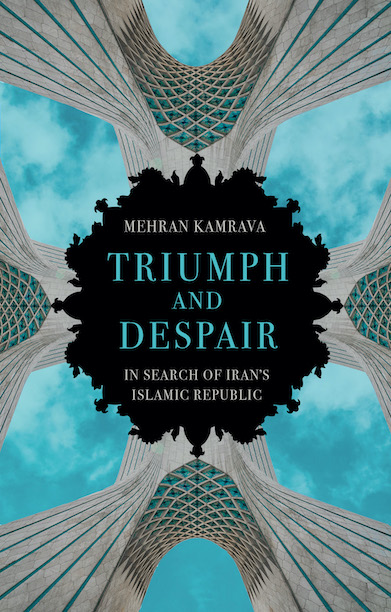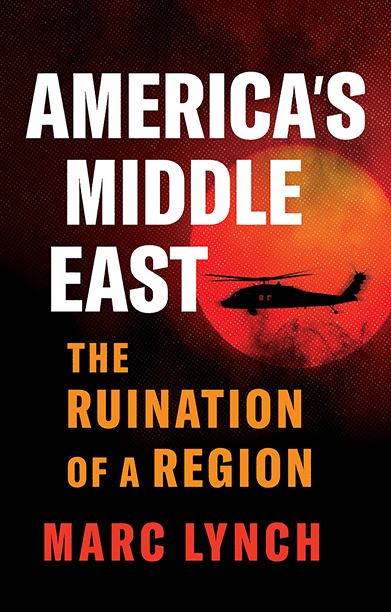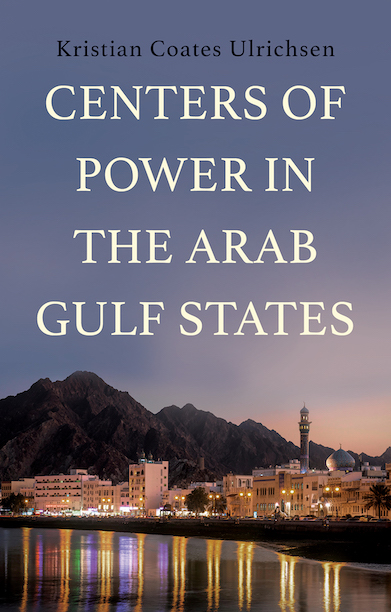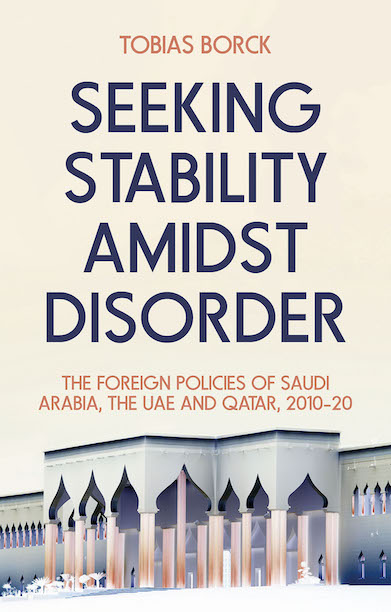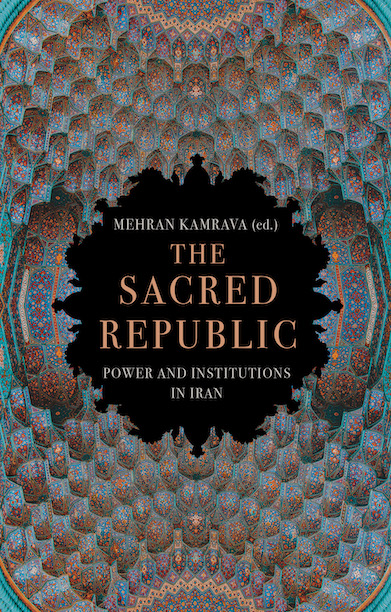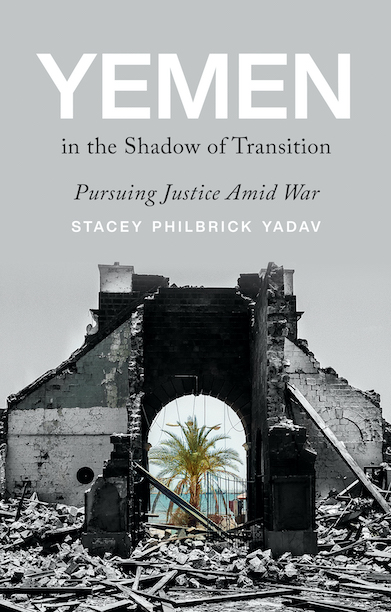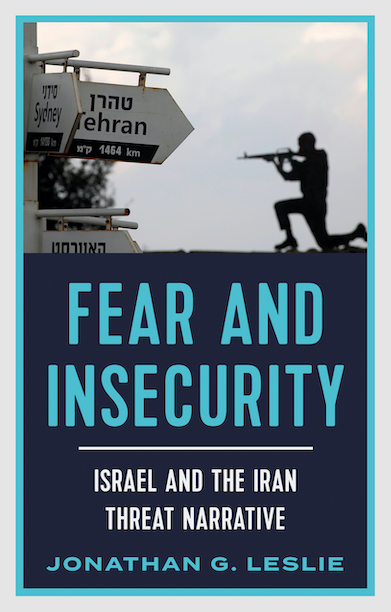Triumph and Despair
In Search of Iran's Islamic Republic
Part of the Iran from the Pahlavis to the Present seriesA history of Iran’s political underdevelopment, of how and why social movements emerged, and of how they blossomed into revolutions that ultimately betrayed their ideals.
Description
Triumph and Despair tells the dramatic story of post-revolutionary Iran’s first four decades, from its establishment in 1979 until today.
The revolutionary coalition that overthrew the monarchy was at once democratic, populist and Islamic. The Islamists, and the Khomeinists in particular, were able to capitalise effectively on prevailing conditions on the ground; to frame the new republic’s constitution, capture nascent institutions, and consolidate their power by eliminating opponents through a reign of terror. Once the war with Iraq was over and after the death of the new order’s charismatic founder, Ayatollah Khomeini, the Islamic Republic was consolidated: first by tweaking its institutional arrangements, and then by fostering economic development and post-war reconstruction. A reformist interlude then followed, reversed unceremoniously by a return of populism and a broader authoritarian retrenchment.
Today Iran remains at odds with itself, its economy too deeply political to yield meaningful developmental results, its foreign relations too conflicted to allow it a productive place in the community of nations. As Iran’s nationalities and its women and youth carve out spaces for themselves in the broader narrative, competing identities–religious, national and otherwise–abound. After forty years, the Islamic Republic remains a country in search of itself.
Reviews
‘Kamrava offers a glimmer of hope that transcends the intolerance of a myopic regime.’ — Geographical Magazine
‘The author’s scholarship, expertise and incisiveness provides an exhaustive work on Iran’s modern political history … A comprehensive study.’ — Asia Maior
‘An engaging narrative that vividly illustrates the post-Islamic Revolution era in Iran… . It is highly recommended to researchers and scholars interested in Iranian studies.’ — British Journal of Middle Eastern Studies
‘Objective and insightful.’ — Bustan: The Middle East Book Review
‘Triumph and Despair dissects the complex modern history of the Islamic Republic. Kamrava’s study of detail gives the reader a valuable insight into some of the most critical moments since 1979. Most importantly, not only what, but how and why. An excellent read.’ — Soraya Lennie, author of Crooked Alleys: Deliverance and Despair in Iran
‘This analytical guide to the birth and troubled life of the Islamic Republic of Iran leaves no stone unturned. Its framework and depth of knowledge makes it supreme; this is the most comprehensive and readable study of modern Iran, clearly informed by decades of expertise and knowledge accumulation.’ — Anoush Ehteshami, Nasser al-Mohammad al-Sabah Chair in International Relations, Durham University
‘Triumph and Despair is the best book on post-revolutionary Iran. Focusing on the interaction between politics, economics and society, it provides a scholarly yet accessible account of what has happened over the past 40 years. A must-read.’ — Nader Hashemi, Director of the Center for Middle East Studies, University of Denver
‘Making sense of the Islamic Revolution and Iran under the Islamic Republic is no easy task, but Mehran Kamrava unpacks this complex history with great skill, producing a comprehensive work that is not only deeply insightful, but also highly readable.’ — Robert Steele, Visiting Research Fellow, Department of International History, London School of Economics, and author of The Shah’s Imperial Celebrations of 1971: Nationalism, Culture and Politics in Late Pahlavi Iran
Author(s)
Mehran Kamrava is Professor of Government at Georgetown University in Qatar, and Director of the Iranian Studies Unit at the Arab Center for Research and Policy Studies. His books on Iranian and Middle Eastern affairs include Inside the Arab State and Triumph and Despair, both published by Hurst.
